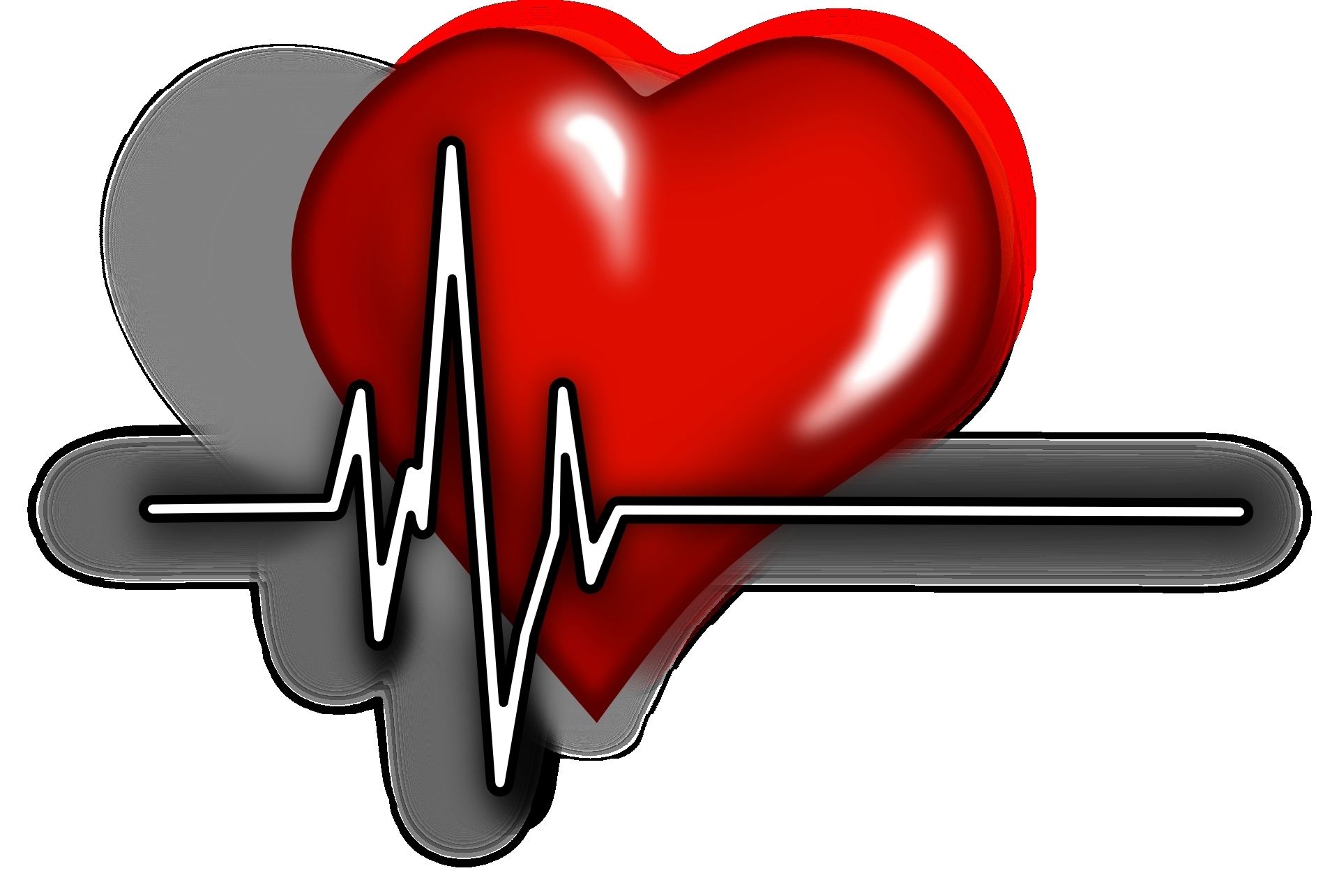Sleep helps the body repair itself. It is highly essential for good heart health. Getting enough sleep also helps the body function efficiently during the day.
It is noteworthy that, most adults require at least 7 hours of sleep each night. However, more than 1 of 3 adults say they don’t get the recommended amount of sleep.
While not getting enough sleep over time can lead to serious health problems and make certain health problems worse, specially heart issues.
Not sleeping for the required amount of time raises the risk for heart disease, heart attack, and stroke.
Experts advice the following:
- Stick to a regular sleep schedule. Go to bed at the same time each night and get up at the same time each morning, including on the weekends.
- Get enough natural light, especially earlier in the day. Try going for a morning or lunchtime walk.
- Get enough physical activity during the day. Try not to exercise within a few hours of bedtime.
- Avoid artificial light, especially within a few hours of bedtime. Use a blue light filter on your computer or smartphone.
- Don’t eat or drink within a few hours of bedtime; avoid alcohol and foods high in fat or sugar in particular.
- Keep your bedroom cool, dark, and quiet.
Going to sleep between 10:00 and 11:00 pm is associated with a lower risk of developing heart disease compared to earlier or later bedtimes.
The increased risk was more pronounced in women who fell asleep later. Men were at greater heart risk only when they fell asleep earlier in the evening, before 10 p.m.
The study included 88,026 individuals in the UK Biobank recruited between 2006 and 2010. The average age was 61 years (range 43 to 79 years) and 58% were women. Data on sleep onset and waking up time were collected over seven days using a wrist-worn accelerometer. Participants completed demographic, lifestyle, health and physical assessments and questionnaires.
They were then followed up for a new diagnosis of cardiovascular disease, which was defined as a heart attack, heart failure, chronic ischemic heart disease, stroke, and transient ischemic attack.
During an average follow-up of 5.7 years, 3,172 participants (3.6%) developed cardiovascular disease. Incidence was highest in those with sleep times at midnight or later and lowest in those with sleep onset from 10:00 to 10:59 pm.
The researchers analysed the association between sleep onset and cardiovascular events after adjusting for age, sex, sleep duration, sleep irregularity (defined as varied times of going to sleep and waking up), self-reported chronotype (early bird or night owl), smoking status, body mass index, diabetes, blood pressure, blood cholesterol and socioeconomic status.
Inputs From: Science Daily




 Ms Kalinga
Ms Kalinga